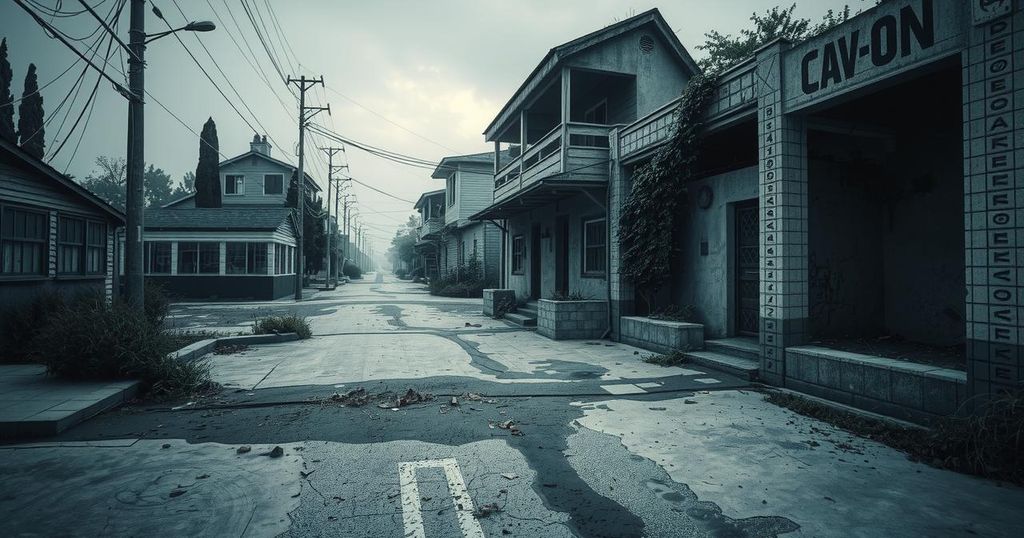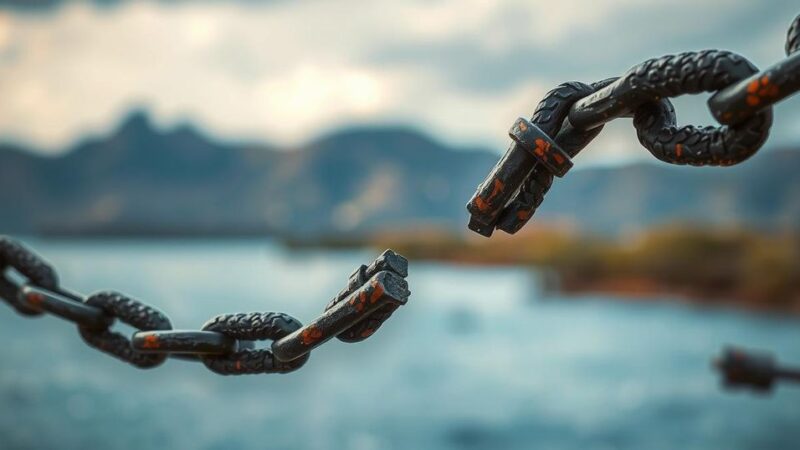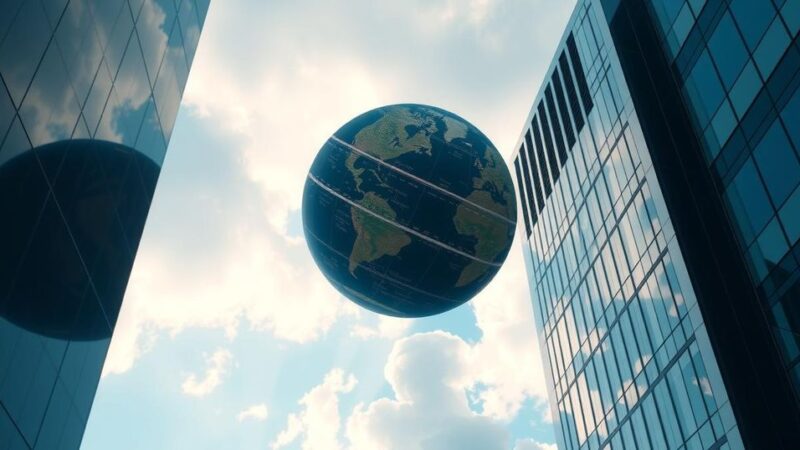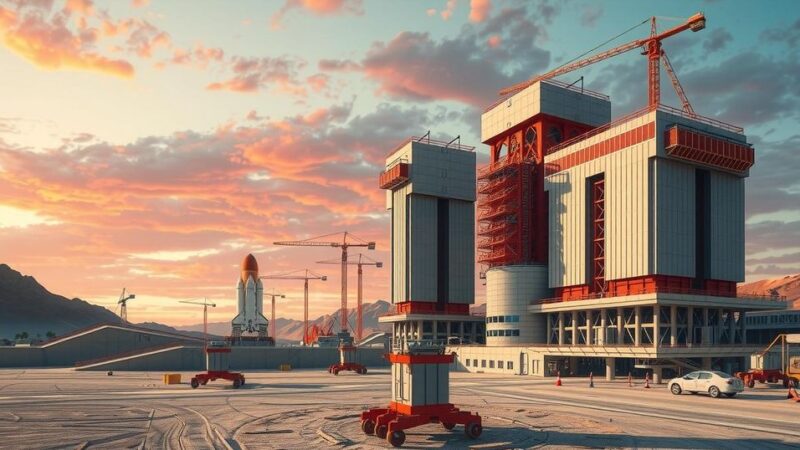The Democratic Republic of Congo faces escalating violence from the M23 rebel group, threatening regional security and causing humanitarian crises. Over 400,000 individuals have been displaced recently, and violence has intensified in Goma. The Congolese government responds with military mobilization to reclaim territory, while international responses remain cautious, affecting geopolitical dynamics.
The Democratic Republic of Congo (DRC) is currently experiencing a grave humanitarian crisis, with the rebel group M23 escalating its offensive from Goma, aiming to expand its control southward. This intensification marks one of the most severe upsurges in violence in a conflict that has persisted for decades. The United Nations has cautioned that the situation could deteriorate further into a war impacting the broader region.
M23 has recently seized Goma, a vital city in eastern DRC. In response, the Congolese government, led by President Félix Tshisekedi, has declared a necessity for substantial mobilization, aiming to reclaim every inch of that territory. Historically, the DRC has been embroiled in warfare, and past conflicts have left millions dead, primarily due to famine and disease.
So far, the DRC conflict has displaced over 400,000 individuals last month alone, and gunfights in Goma have resulted in fatalities among United Nations peacekeepers. Tshisekedi’s government announced that the current conflict is a “declaration of war” by Rwanda, highlighting the desperation of the situation where corpses are reported on the streets and essential services have been disrupted.
On the international front, Romania’s state broadcaster reported that Romanian mercenaries enlisted to support the DRC government surrendered during the fighting. Countries like France and the United States have started voicing concerns, while Western responses to the conflict remain relatively cautious, thereby allowing opportunities for nations such as China and Russia to expand their influence.
M23, which began in 2012, mostly consists of ethnic Tutsi who claim to protect their rights in a predominantly ethnic Hutu nation. The group emerged from tensions linked to the 1994 Rwandan genocide that led to an influx of Tutsi refugees into eastern DRC. Despite prior peace agreements, some factions splintered to form M23, which has been implicated in receiving support from Rwanda.
China plays a significant role in the DRC, especially in the mineral resources sector, owning a large majority of the cobalt mining operations crucial for global electronics. Recently, the Chinese government expressed concern regarding the ongoing insurgency, indicating the rising risk of further instability.
Rwanda’s involvement in supporting M23 has drawn considerable scrutiny, with accusations that the Rwandan government is backing the insurgents. In the past, international pressure deterred Rwanda during its brief reign over Goma; however, recent events showcase a softer approach from the West towards Rwanda despite ongoing violence in the DRC. Significant international aid continues to flow to Rwanda, unimpeded by the current conflict.
The current conflict in the DRC is steeped in a long history of territorial and ethnic disputes exacerbated by external influences, notably from Rwanda. M23’s origins can be traced to the ethnic tensions following the 1994 Rwandan genocide, which forced thousands of Tutsis into the DRC. As various militias have emerged over time, the quest for control over valuable mineral resources—particularly cobalt—has intensified the violence and contributed to widespread humanitarian crises. The situation’s complexity is further compounded by geopolitical interests from several global powers.
In summary, the resurgence of violence in the DRC spearheaded by M23 presents a dire humanitarian situation with repercussions that may extend globally. The ongoing conflict has led to increased displacement and fatalities, compelling international responses that may shape the region’s political dynamics. As the DRC struggles to reclaim stability amid external support and vested interests, the potential for further conflict remains pronounced.
Original Source: www.nbcnews.com





